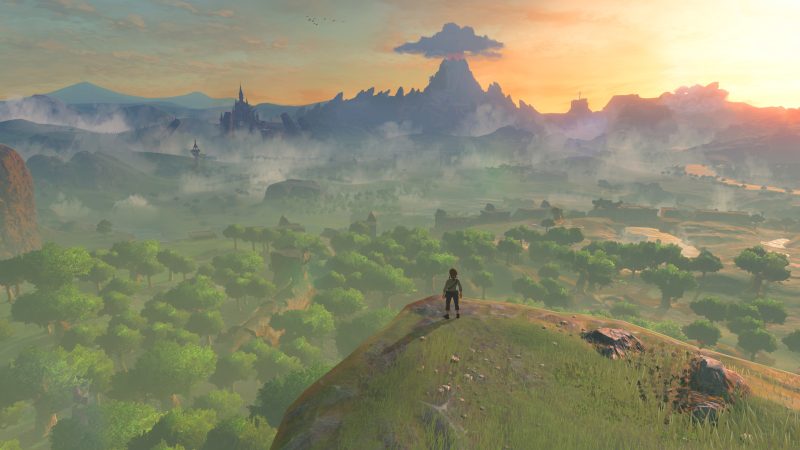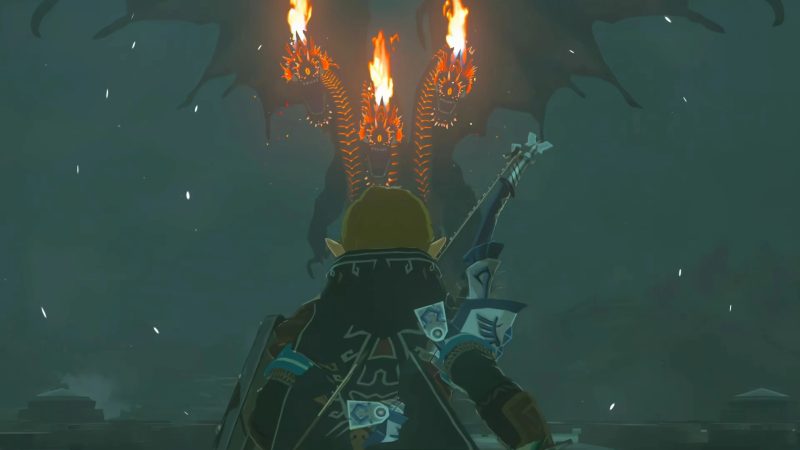You'd have to sell at least 20 million copies to even be on the radar of one of the best-selling video game franchises of all time. But, for Nintendo, its best-selling games don't just outsell their competition - they outsell entire franchises. Case in point, The Legend of Zelda: Tears of the Kingdom.
The latest earnings reports from the gaming giant have revealed that the combined sales of its open-world Zelda games have crossed the 50 million mark, thanks in no small part to the newest addition to the family, which has already sold nearly 20 million copies since its release in May.
This isn't small feat, even for a tech giant like the world's oldest video game company, especially considering that The Legend of Zelda: Breath of the Wild - the game that redefined the action-adventure genre with its expansive and interactive open world - has reached 32.85 million units in sales.



